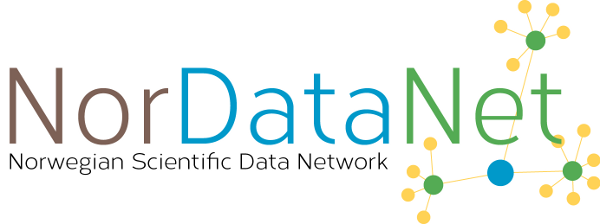This page is under construction!
When a dataset is prepared for publication or exchange there are two major types of metadata that should be addressed, Discovery and Use metadata. These are briefly described below.
Discovery metadata
The purpose of discovery metadata is to provide searchable information that enables potential data consumers to properly find the dataset. Discovery metadata are usually indexed in search facilities and they are also exchanged by data centres nationally and globally. In short, the discovery metadata identifies: who measured, simulated or analysed what, where, and when as well as conditions for reuse and access mechanisms for the data. In order to ensure that information is properly understood by data provider and consumer, it is good practise to use controlled vocabularies or ontologies wherever possible. Examples of controlled vocabularies are e.g. Global Change Master Directory Science Keywords or Climate and Forecast Standard Names. Typical formats for discovery metadata within geoscience are:
- ISO19115
- GCMD DIF
- FGDC
- Dublin Core
Discovery metadata may also be included in data files. The NetCDF and Climate and Forecast community have developed the Attribute Convention for Data Discovery (ACDD). ISO19115 records can be generated directly from NetCDF files containing the global attributes required by ACDD.
Use metadata
The purpose of use metadata is to enable potential data consumers to understand the data they found using the discovery metadata. This includes stringent identification of the variables/parameters generated, units of variables/parameters, how missing values are encoded, definition of grid and map projections for gridded data, methodology applied in space or time to achieve the values in a dataset etc. All this must be provided in a standardised form enabling the science community to properly document and understand data that are exchanged - now and in the future. Examples of use metadata are e.g. the Climate and Forecast convention, WMO exchange formats (GRIB and BUFR), and Ecological Metalanguage.
